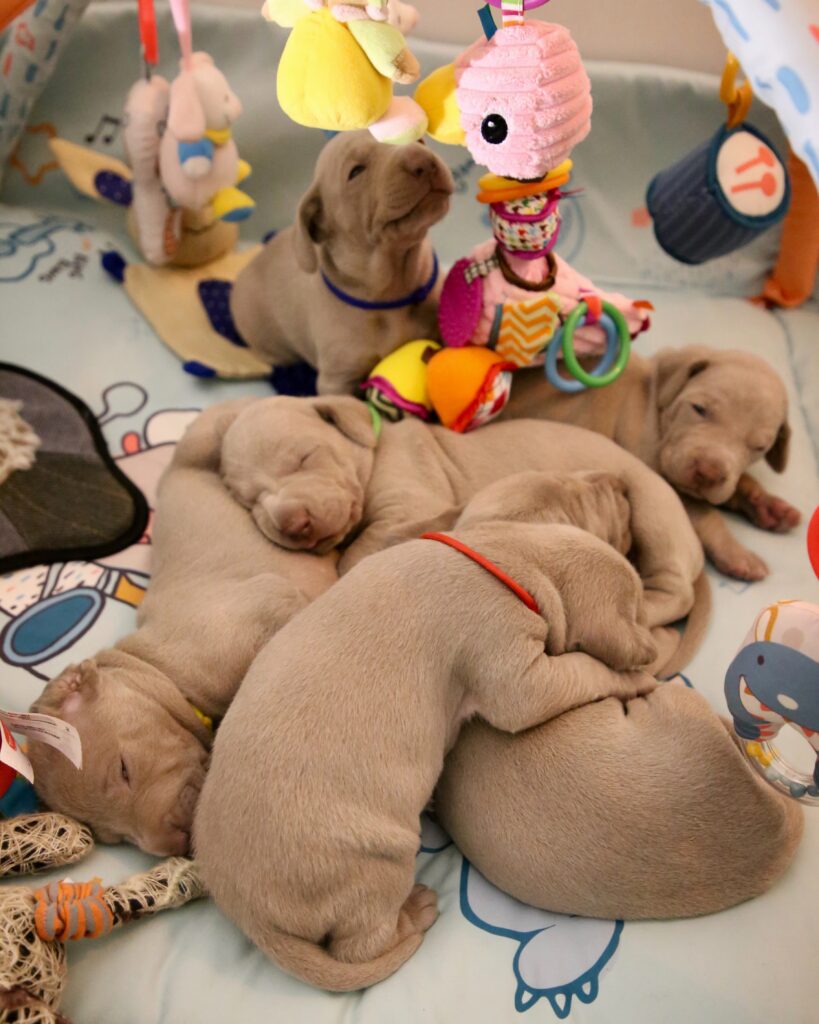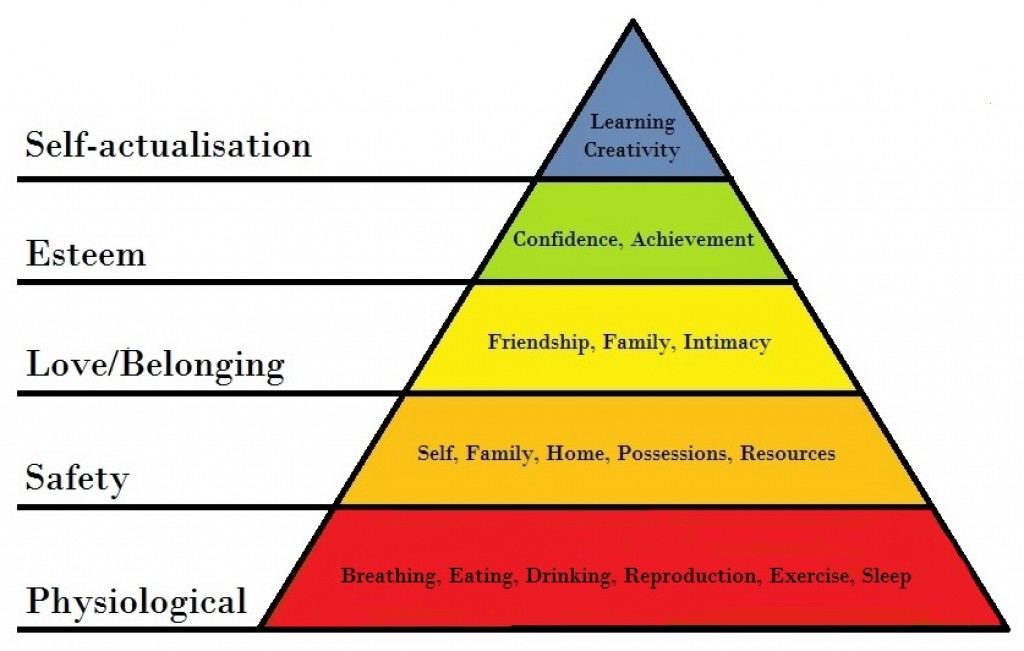Need help with Reactive Dog Behaviour? Join my FREE Facebook support group...
Your dog isn’t being naughty: What’s really behind problem dog behaviour?
There are many reasons a dog might be offering unwanted behaviour. But intentionally being naughty isn’t one of them. In this blog I am going to talk about what’s really behind problem dog behaviour? And it isn’t too many cuddles either!!
Too much love!
It’s a common misconception that molly-coddling a dog, or letting them sleep beside you on your bed and sofa, can ruin a dog. This is completely false, in fact, touch between a dog and person stimulates oxytocin (the love hormone) which makes a dog feel secure, reduces anxiety and increases the bond between them. And it’s not just in that moment, do it often enough and the effect will last a long time! So hugs and cuddles might have an effect on your dogs behaviour, but it certainly won’t be the kind of problem dog behaviour you’d want to change!
It was their mums fault
Just like touch and loving care can reduce anxiety and make a dog fee secure, a lack of it can have the opposite effect. The way a pup is cared for in the womb, and in those early weeks, can have a big effect on a pups resilience. A lack of resilience can leave a dog vulnerable to trauma following even a minor bad experience. It also leaves the dog vulnerable to anxiety based behaviour problems including separation anxiety and reactive behaviour. Suckling from mum also makes a big difference to a dogs ability to handle stress and anxiety. When a pup suckles from mum they benefit from the release of special molecules that make a pup feel safe and calm later in life!
Mum also plays a part in teaching her pups valuable lessons in communication and conflict resolution. She also helps them learn bite inhibition, emotion regulation, and boundaries! Pups that are taken away from their mum too early, for whatever reason, will need on-going support in these areas, otherwise they will struggle with all kinds of problem behaviour in later life.

Illness or injury
Dogs are very good at hiding pain and discomfort from us, so its hard to know what might be going on underneath the surface. Any kind of illness can take it’s toll on a dogs ability to cope with what’s going on around them. It doesn’t have to serious or obvious, but anything from an earache, to diabetes, to a sore back, could cause a change in behaviour. Any kind of behaviour problem could be caused by illness or injury, but in particular look out for reactive behaviour, aggression and frustration based problems.
Check out my blog “8 Times you should consult a vet before you consult a behaviourist”
Previous experience
Just like us, dogs remember when things go well for them, and when they don’t. Dogs form expectations based on what has happened in the past, and that changes how they respond to things now. Every behaviour has a goal, and your dog will adjust their behaviour to better meet their goals. So, if a dog is barking at you for attention, and in the past they barked for 10 minutes before you gave in and responded to them, their expectation is that this time will be no different. Their goal was also met, so their behaviour won’t change. Basically, it worked last time, and only took ten minutes, so they expect it to work next time. But, if you got up and walked out of the room a second after the barking started, this would not meet the goal, or expectations and the behaviour would change. So, if we change the way we respond to behaviour, your dog will also make changes!
Unfulfilled needs
We all have needs, and our dogs are no different. Some are more vital to survival than others, such as food, reproduction, and security. These needs will always be prioritised above less vital needs such as relationships, learning and creativity. When a need is threatened, it will take priority over everything. For example, if a dog feels hunger he might start resource guarding. No amount of training will resolve that as food is more vital than learning. The same is true of a dog that guards fences and doors. This dogs sense of safety is threatened, and again, no amount of basic training will change that until the dog feels safe.

Overwhelm
Everything our dogs experience, see, or do is saved in the dogs brain. When that gets too much, the dog becomes overwhelmed. Most dogs can handle a normal amount of stimulation, but those with low resilience, rescue dogs, and teenagers are particularly vulnerable to it. For a rescue dog, everything is new: new home, new people, new car, new sounds, new places and new smells. All that extra information, whilst feeling unsafe in a new home, can quickly cause a dog to stop coping.
Teenagers are the same. Unlike a puppy, who has a seemingly never ending curiosity for new things, teenagers can be suspicious and anxious. They have a reduced tolerance to new things, and barriers, and are frequently frustrated by them.
Of course, any dog can reach their limit from time to time, and when they do you can expect reactive behaviour, reduced willpower, a reduced capacity to learn and please, mouthing and biting and other frustration based problems.
Overstimulated
Dogs don’t always get enough time to settle these days. Our busy homes and lives mean there is always something going on. A growling trend to provide constant enrichment to our dogs also means that they are often over stimulated and this might cause an inability to settle. They might appear very busy and even hyperactive some of the time. They might do “naughty” things like stealing tea towels and remote controls, or they might get grumpy. The more restless they appear, the more enrichment we add, until they struggle to settle at all.
This is also a common cause of separation problems. When the dog can’t settle, they pace the house looking for stuff to do, or just sit and cry, when we would rather they would just shut off and take a nap.
A lack of decent rest can cause problems with overwhelm too. If the brain doesn’t rest properly, it gets clogged up and means your dog is more even vulnerable to overwhelm.
Not being defiant!
So, we can see it’s not about too much love or an over attachment – if you are told that by a professional, run a mile! Your dog is not defiant, your dog is not trying to embarrass you, or make you work harder. In fact he might be trying to tell you something. Maybe he needs a vet, or is frightened or overwhelmed, or a need isn’t being met. If you are struggling with problem dog behaviour, it’s time to put your Sherlock Holmes hat on and start figuring out what is at the heart of it!


